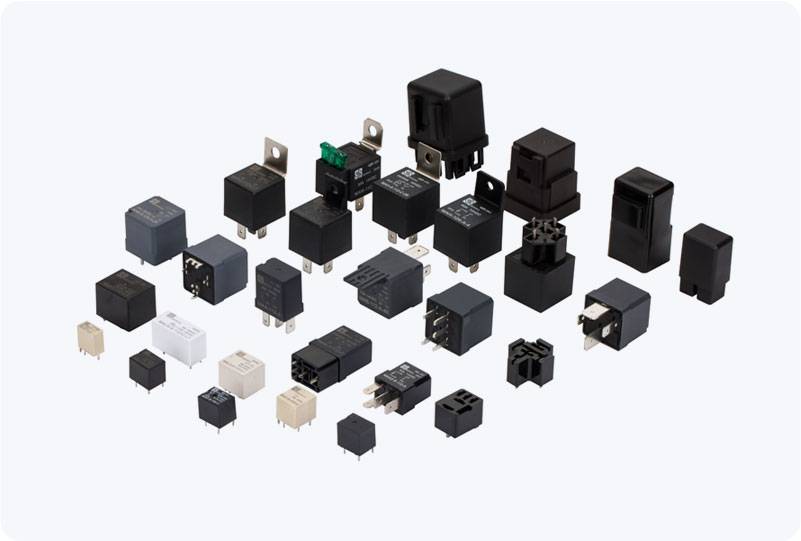understanding the motor control power relay: key component for industrial motor systems
Release time:2025-07-19 09:31:02
The Motor Control Power Relay plays a crucial role in the control and protection of electric motors in various industrial applications. As a key component in motor control circuits, this relay is designed to provide both switching and protective features to ensure safe, efficient operation of motor-driven systems. In this article, we’ll explore the importance of motor control power relays, their functions, and how they contribute to the seamless operation of electric motors.

What is a Motor Control Power Relay?
A Motor Control Power Relay is an electromechanical switch used to control the power supply to an electric motor. It works by using electrical signals to open or close the relay contacts, thus controlling the flow of current to the motor. These relays are typically part of a larger motor control system and are used to manage the start, stop, and protection of motors in industrial machinery and automation processes.
The relay typically operates on a low voltage control circuit to manage higher voltage motor circuits, offering safety and flexibility for industrial applications. It is often combined with other components like contactors, overload relays, and programmable logic controllers (PLCs) to provide full motor control capabilities.

